UW QISE Centers, Institutes, & Major Grants
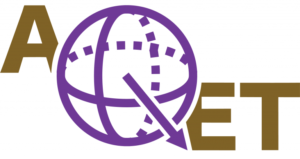
AQET (2020-2025): Accelerating Quantum-Enabled Technologies, a $3M NSF funded National Science Foundation Research Traineeship (NRT) program. AQET expands on UW faculty research in quantum information science and technology by establishing a unique curriculum that bridges the gap from physics to chemistry, computer science & engineering, electrical & computer engineering, and materials science & engineering. Quantum 2.0 will require teams of expertise from across disciplines, and AQET is one of the first programs to bring hardware and software scientists and engineers together at the trainee level.

iMOD: Center for Integration of Modern Optoelectronic Materials on Demand, a $25M NSF funded Science and Technology Center (STC). iMOD’s mission is to transform conventional and quantum optoelectronics through the development of atomically precise semiconductor materials and additive manufacturing processes.

IQuS (2020-2025) InQubator for Quantum Simulation, a $9M DOE Nuclear Physics funded center that is building an integrated environment for education, research and community-driven workshops to accelerate research in QIS, supporting the National QIS Research Centers.

MEM-C: Molecular Engineering Materials Center, a $25M NSF funded Materials Research Science and Engineering Center (MRSEC). MEM-C is focused on designing, developing, and deploying new complex nanomaterials that accelerate future technologies in broad sectors including information processing, sensing, energy, and research tools.

NanoES: The Institute for Nano-Engineered Systems. Catalyzing innovative, interdisciplinary, and industry-relevant research in the design, fabrication, and integration of scalable nano-engineered devices and systems at the University of Washington. Researchers at the Institute for Nano-Engineered Systems are developing solutions to grand challenges in nano science and engineering: the scalable, high-yield manufacture of nano-engineered systems in information processing, energy, health, and interconnected life.
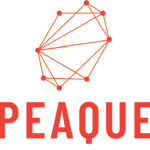
PEAQUE (2021-2023): A $5M NSF Convergence Accelerator Program, Photonic Engine to Accelerate Atomic Quantum Engineering. The NSF Convergence Accelerator program addresses national-scale societal challenges through use-inspired convergence research.
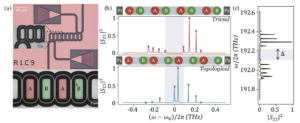
QII-TAQS (2019-2024): Strongly Interacting Photons in Coupled Cavity Arrays: A Platform for Quantum Many-Body Simulations, a $2M collaborative grant under the NSF program “Enabling Quantum Leap: Quantum Idea Incubator for Transformational Advances in Quantum Systems”. The proposed research here proposed research aims to marry two emerging fields, namely, solution-processed quantum dots and nanophotonic optical cavities, to produce a scalable, multi-node quantum system.
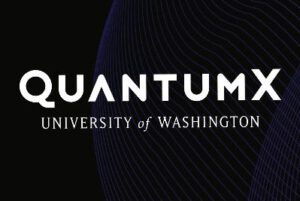
QuantumX was established as an interdisciplinary institute that seeks to advance and integrate QISE research, education, and commercialization across the UW community and its partners. It brings together QISE researchers and educators from across campus to foster new collaborative initiatives, nurture our vibrant quantum ecosystem, and educate students for a quantum-ready society. QuantumX serves as the QISE advisory body to internal and external organizations, including the Northwest Quantum Nexus.
RQD-NEQ (2020-2024): Relativistic Quantum Dynamics in the Non-Equilibrium Regime, a $4.5M DOE Scientific Discovery through Advanced Computing grant. This research effort focuses on developing quantum computing algorithms for simulations of many-body quantum entanglement.
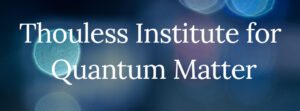
TIQM: Thouless Institute for Quantum Matter. The mission of the Thouless Institute for Quantum Matter is to create opportunities and catalyze partnerships that accelerate progress in quantum matter research and educate future generations of scientists. Building on a strong tradition of close collaboration both within and between theory and experiment, we welcome and support researchers at all career stages and from all backgrounds through activities that include visitor and exchange programs, workshops, schools, seminars, and fellowships.
